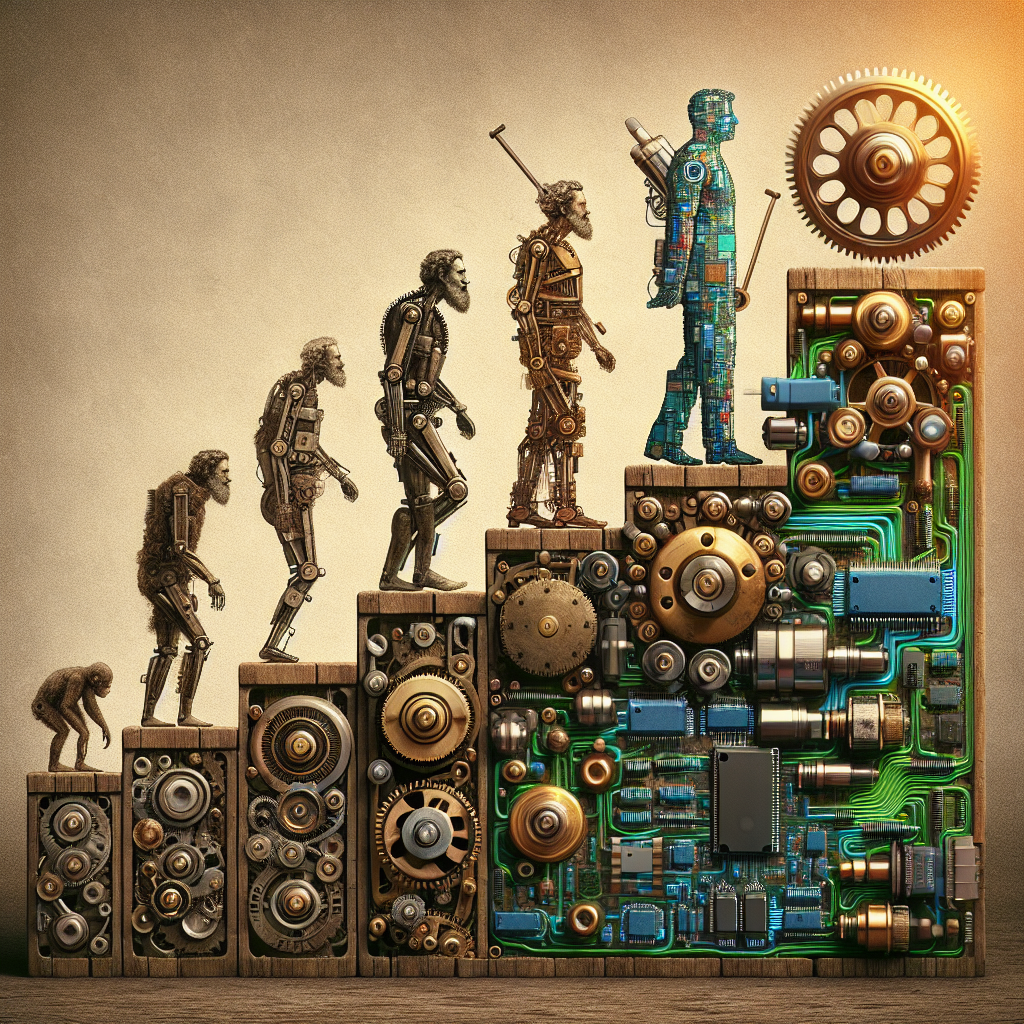Actuators are essential components in various industrial and consumer products, responsible for converting energy into mechanical motion. Over the years, there has been a significant evolution in the design and functionality of actuators, moving from simple mechanical systems to more sophisticated and intelligent smart systems.
The earliest actuators were purely mechanical in nature, relying on basic principles of physics to generate motion. These actuators were typically powered by pneumatic, hydraulic, or electric sources and were limited in their capabilities. They were often bulky, noisy, and required frequent maintenance.
As technology advanced, so did the design of actuators. The development of more efficient and compact materials, such as piezoelectric and shape memory alloys, allowed for the creation of smaller and more precise actuators. These advancements led to the creation of micro-actuators, which are used in a wide range of applications, from medical devices to consumer electronics.
One of the most significant advancements in actuator technology has been the integration of smart systems. Smart actuators are equipped with sensors, processors, and communication capabilities, allowing them to monitor and adjust their performance in real-time. This level of intelligence enables actuators to adapt to changing conditions, optimize energy consumption, and communicate with other devices in a network.
Smart actuators have revolutionized industries such as robotics, aerospace, and automotive, where precision and efficiency are critical. In robotics, for example, smart actuators enable robots to perform complex tasks with greater accuracy and speed. In aerospace, smart actuators are used in aircraft control systems to improve safety and performance. And in automotive, smart actuators are utilized in advanced driver-assistance systems to enhance vehicle control and safety.
The evolution of actuators from mechanical to smart systems has opened up a world of possibilities for innovation and advancement in various industries. With continued research and development, we can expect to see even more advanced and intelligent actuators in the future, further enhancing the capabilities of machines and devices.

Leave a Reply
You must be logged in to post a comment.